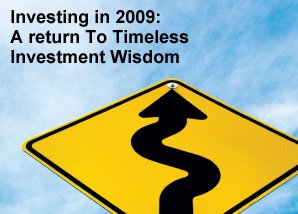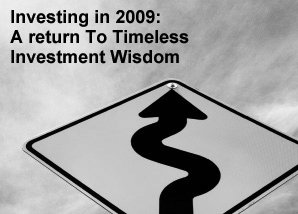Money, money, money!
Turning to international currencies for investment opportunity

Investing in foreign currency sounds like an exotic and risky venture. And if you have never done so, it may seem a little intimidating. But as an investor, currencies as an asset class deserve a closer look, especially for investors seeking to diversify their portfolio. Managed well, a foreign currency investment may just prove to be an asset to an investor’s portfolio.
Money matters
Like other asset classes such as equities and bonds, currencies are also sensitive to changes in the microeconomic environment. Both short-term and long-term indicators can impact the performance of currencies.
3 questions to ask before investing in foreign currencies
The currencies market can offer vast growth opportunities for investors and add some advantages to your portfolio. You may want to consider the following questions with regards to currency investment:
The Challenges of Currency Investment

As with any investment, understanding the risks is paramount. You may wish to take time to research your choices and to gather information about the economies, politics and interest rates of the countries you are considering a currency investment. Bear in mind that currencies are sensitive to the following areas, amongst others:
Currencies are dependent on government and central bank measures
During the recent global financial crisis, some governments and central banks implemented monetary and fiscal measures to help stimulate their economies. If these measures are prematurely plugged, economic recovery could be stunted. Alternatively, if left for too long, hyper-inflation may impact the currencies negatively.
Currencies are volatile investments
The currencies market is highly liquid and volatile in nature, driven mainly by a large number of investors with different expectations. This means that they tend to experience higher market fluctuations too.
Currencies are exposed to economic, political and geopolitical risk
Currencies may lose value if the country faces economic weakness, political turmoil or when the government implements currency-weakening measures to make exports more competitive.
Despite the challenges and risks associated with it, currency investment may offer you distinct diversification advantages and the possibility of higher returns compared to ordinary fixed deposits. If you are interested in learning more about Dual Currency Investment and other foreign currency products offered by HSBC Bank Malaysia Berhad, please visit www.hsbc.com.my/inv, www.hsbc.com.my/fx or walk in to any branch of HSBC.
Disclaimer: Currency investment is inherently variable in nature and carries risks. In particular, foreign currency market movements are unpredictable. If your investment is denominated in foreign currency, you are advised to consider the impact of any foreign exchange risk on the net returns of your investment.
1www.hsbc.com.sg, HSBC Singapore online investment series, “Getting a Global View of Currencies” [undated]
2The above returns are indicative 20 May 2013 based on XAU (Base Currency) and MYR (Linked Currency) Pairing for 7 days’ tenor. They are not guaranteed and are subject to revision as per prevailing market conditions. Customers should not make investment decision based on this information only.
3Based on competitors’ analysis conducted by HSBC Bank Malaysia Berhad as of 1 June 2015.


 LIKE THIS ARTICLE?
LIKE THIS ARTICLE?





















